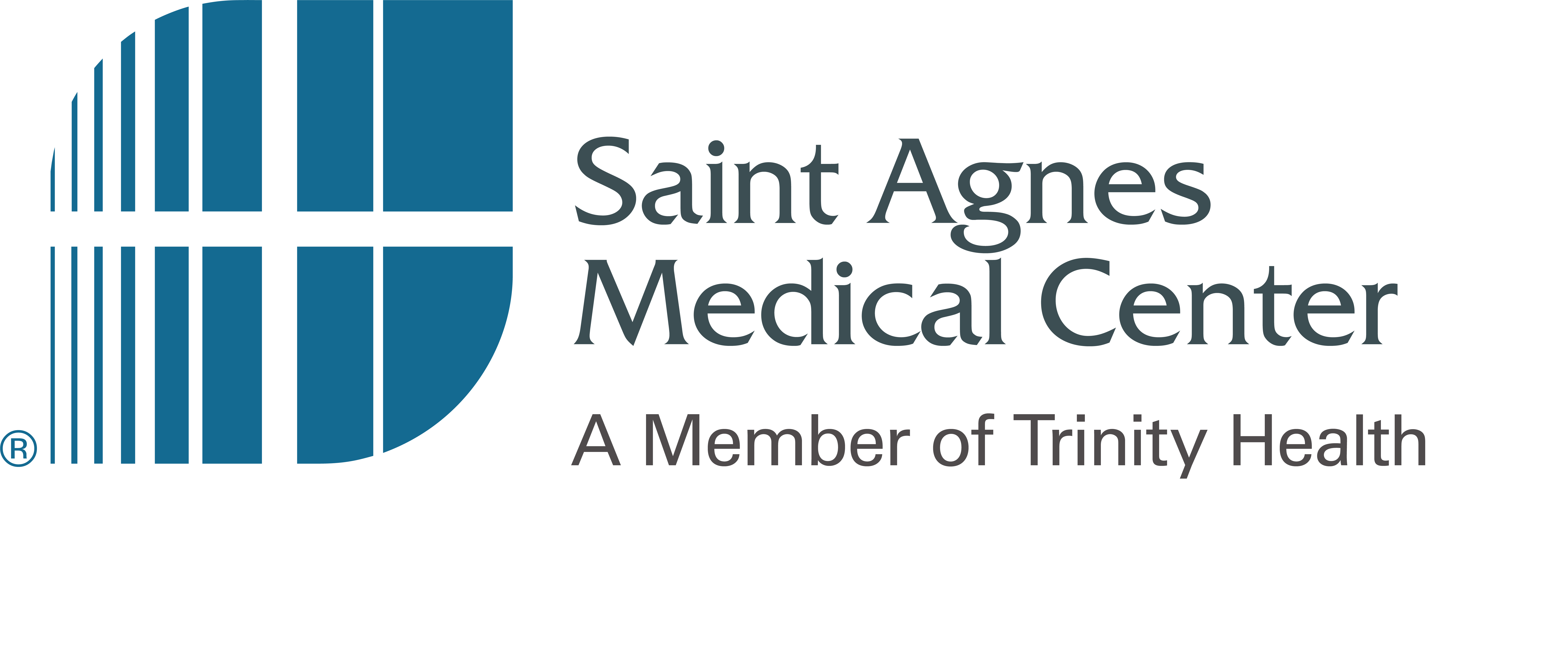Find a doctor who really knows you … warts and all.
August 24, 2023
By: Saint Agnes Medical Center
Categories: Healthy Living, Mens Health, Womens Health
There is probably no one who knows you as well as your primary care physician. Also called a PCP, your primary care physician keeps track of your full health history, records any allergies you may have, charts when you’ve been sick, and monitors your lifestyle habits.
They even track what diseases you or your family members have had so that they can suggest ways to prevent you from getting ill. Just like a best friend who sees you through all of your ups and downs and knows all of your worries and secrets, your primary care provider (PCP) knows you through "warts and all."
What is a primary care physician (PCP)?
While specialists have a narrow medical focus, your PCP offers quality care over time so they know your whole health history. Your PCP may be a family practice doctor, an internal medicine doctor or a general practitioner. Even women who have an OB/GYN should have a PCP.
When to see your PCP?
Your PCP is the first person you see for most illnesses or problems. If you need a specialist, your PCP will determine who the right specialist is and will coordinate and oversee your care. This can be extremely important when you are ill.
What does a PCP do?
A PCP provides a centralized “home” where your doctor knows you personally and also has a record of your family history. They also:
- Provide a first point of contact for any health needs
- Monitor your health throughout all stages of your life
- Conduct wellness exams
- Administer or oversee routine screenings
- Manage chronic illnesses
- Treat non-emergency illnesses
- Answer concerns and questions
- Coordinate care with specialists when needed
- Perform minor surgeries, such as removing skin lesions, warts or abscesses
- Serve as an advocate
- Reduce healthcare costs
How a PCP helps you stay well
Seeing the same doctor consistently fosters a strong, patient-centered relationship. Since they get to know you well, your PCP is more likely to know what is normal for you and recognize changes that might indicate you have a health problem. This ensures you receive an accurate and timely diagnosis if something is wrong, and helps you avoid needless and potentially expensive medical tests, prescriptions, and even visits to the emergency room.
People who have a PCP are:
- Sometimes more open to sharing personal health concerns
- Generally more satisfied with their healthcare
- More likely to stick with their doctor’s recommendations
- Tend to control their chronic disease more successfully
Preparing for your PCP visit
Questions your doctor may ask you:
- What are your symptoms? Make a list before your appointment—don’t leave anything out.
- When did they start?
- How long do they last?
- What makes them better or worse?
- What medications, vitamins and supplements are you taking?
Need to see a doctor?
Get care for the whole family in one place. We see everyone from newborns to great-grandparents. Don’t have a doctor? Establish with one of our Saint Agnes Care providers and start your journey to better health.
